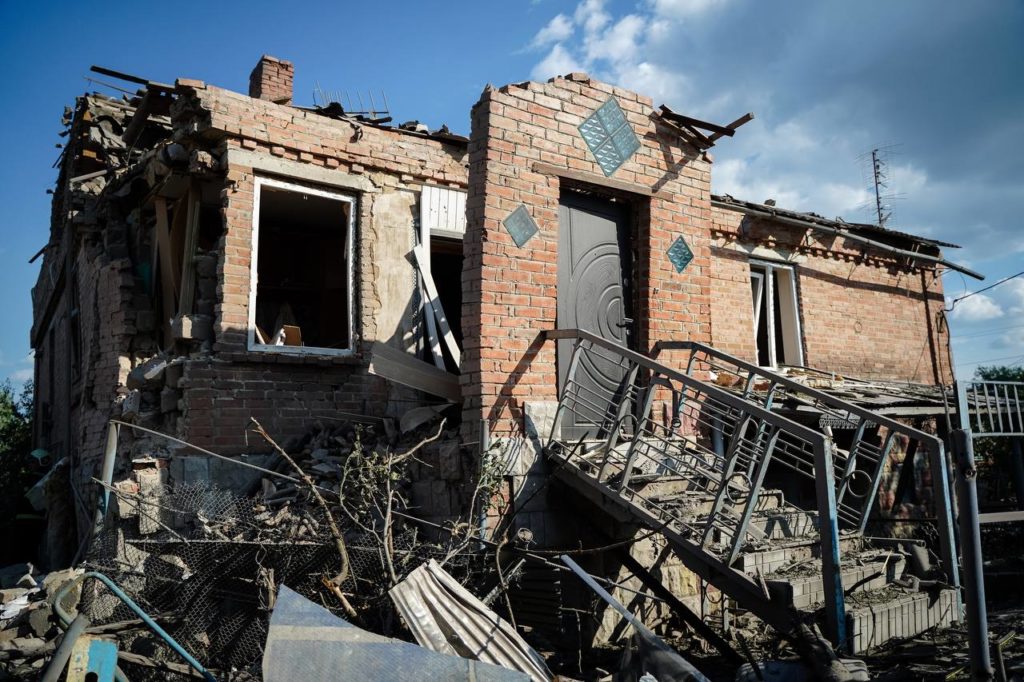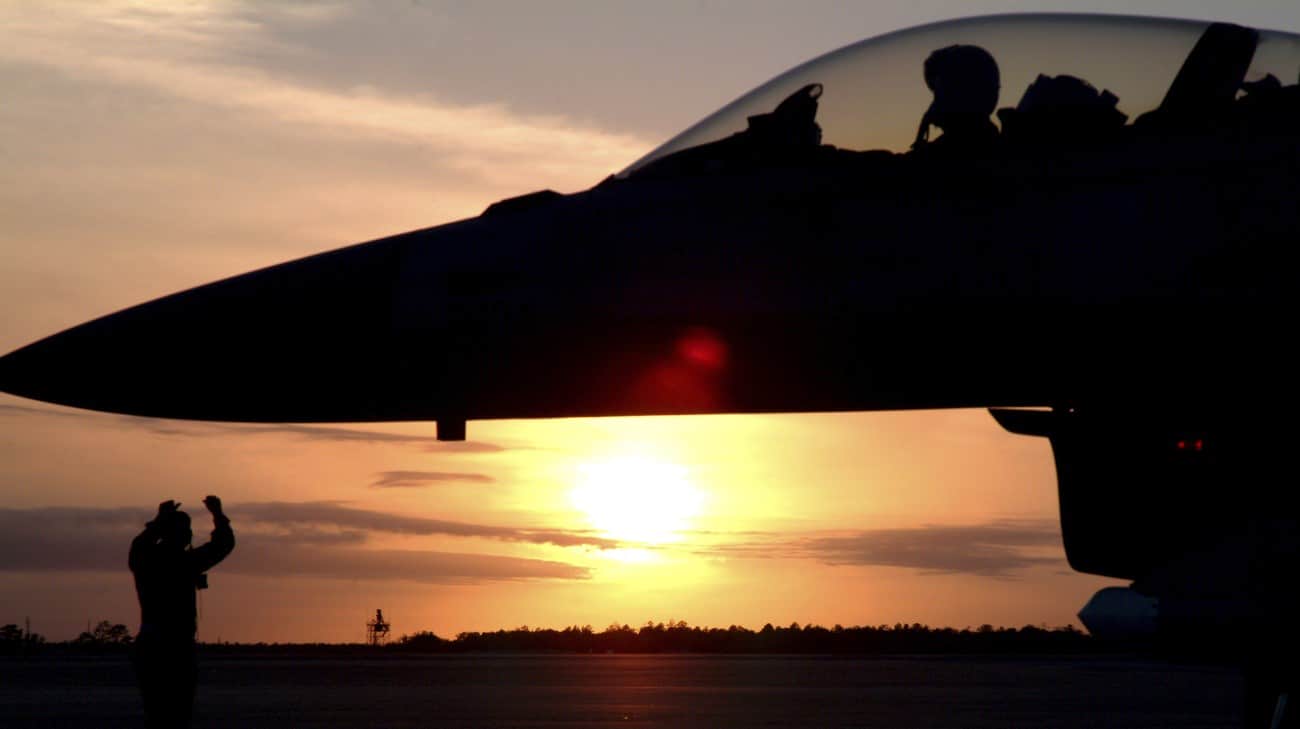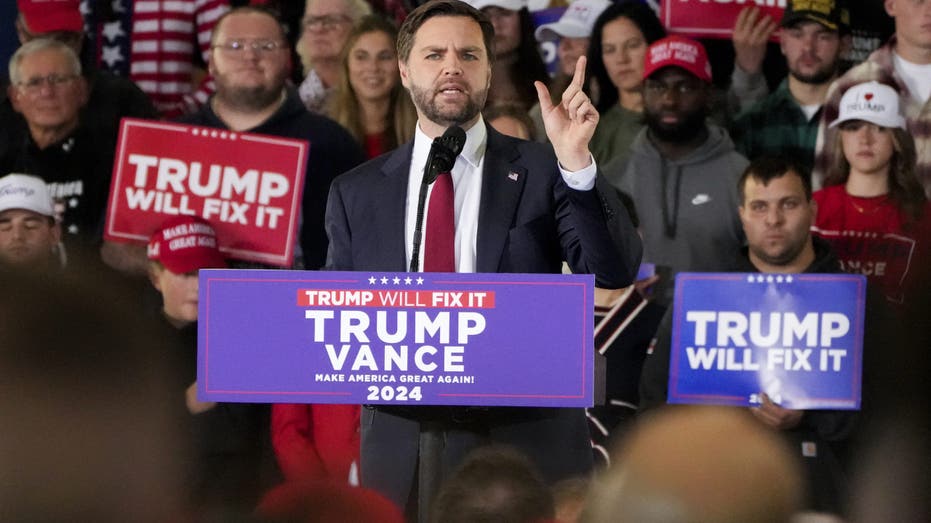Freeland says Ukraine to receive funds from frozen Russian assets loan soon
Canada’s Finance Minister Chrystia Freeland has expressed optimism that the global initiative to finance Ukraine’s military efforts through frozen Russian assets will soon be implemented.


Canada’s Finance Minister Chrystia Freeland has expressed confidence that the global plan to finance Ukraine’s military efforts through Russian assets will soon be implemented, according to Politico.
Recently, the G7 countries decided to provide Ukraine with a $50 billion loan by the end of 2024, funded by frozen Russian assets. However, Deputy Head of the President’s Office, Iryna Mudra, stated that Ukraine still does not understand the mechanisms, conditions, and timing of when it will receive the funds from these assets.
Meanwhile, Freeland assured that Kyiv would receive the funds shortly.
“I am confident that Ukraine will start receiving funds in the coming months. At the moment, we are discussing the technical details,” she added.
Following Russia’s invasion of Ukraine in February 2022, foreign partners froze approximately $280 billion of Russian assets as part of sanctions, UkrInform reports.
In the summer, the G7 countries, including Canada, the USA, and Japan, agreed on a plan to use the profits from frozen assets to provide Ukraine with a $50 billion loan to support military actions.
Freeland has actively promoted this idea, leveraging her connections with key global politicians, such as US Treasury Secretary Janet Yellen.
This is an American loan, but it can be supplemented with European funds or national contributions.
The loan to Ukraine is planned to be repaid using revenues from the frozen Russian assets, the majority of which are held in EU countries.
Read more:
- Ukraine signs security pact with Sweden, securing €6.5 bn
- Zelenskyy to sign three security agreements in Stockholm today
- Lisbon pledges €126 mn defense assistance in security pact with Kyiv
- Ukraine and Belgium ink bilateral security and long-term support agreement
You could close this page. Or you could join our community and help us produce more materials like this.
We keep our reporting open and accessible to everyone because we believe in the power of free information. This is why our small, cost-effective team depends on the support of readers like you to bring deliver timely news, quality analysis, and on-the-ground reports about Russia's war against Ukraine and Ukraine's struggle to build a democratic society.
A little bit goes a long way: for as little as the cost of one cup of coffee a month, you can help build bridges between Ukraine and the rest of the world, plus become a co-creator and vote for topics we should cover next. Become a patron or see other ways to support.



